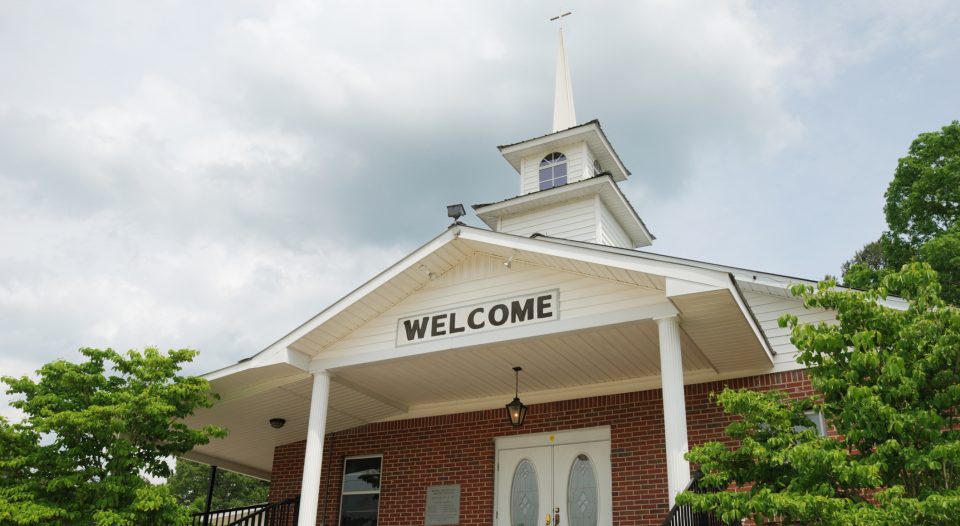Lectionary for July 7, 2024
Seventh Sunday after Pentecost
2 Samuel 5:1-5, 9-10; Psalm 48;
2 Corinthians 12:2-10; Mark 6:1-13
“All are welcome” proclaim the signs above the entrances to many of our congregations. I hope so! Far too often the assembled manifestations of the body of Christ have told too many beloved, necessary members: “You are not welcome here.” Jesus wept. And it’s not just congregations. Lots of families have told folks for one reason or another that they are not part of this family, this community or our country. Again, all too often people are told: “Leave if you don’t like it or cannot contort yourself to fit in!” This week we have three stories from the lectionary about welcoming people exactly as they are.
The first story comes from the ongoing saga of David. In the chapters running up to this week’s reading, we learn that there had been a terrible civil war between the followers of Saul’s son, Ish-bosheth, and David’s followers. All of Israel sided with Ish-bosheth and his champion Abner except for the tribe of Judah, which sided with David and his champion Joab (2 Samuel 2:4-10). At the end of seven years of bloody war filled with intrigues and murders, Abner and Ish-bosheth were dead and David was proclaimed king over all Israel.
The language used by the Israelites as they moved to make peace with David is profoundly important. “Look, we are your bone and flesh” (2 Samuel 5:1). In the United States, in an election year especially, we can see fault lines and divisions, many of which are still traceable to the lack of healing, repentance, reconciliation and restitution after our own Civil War. The Israelites, knowing that they had been defeated and that God had chosen David as leader, accepted him for what he was—their own family. Too many of their siblings had died to arrive at that point, but the national unity (which only lasted two generations) was a blessing as each Israelite—no matter from which tribe—was welcomed as part of a whole. Former enemies recognized each other as family.
God’s kingdom operates on a foundation of intentional welcome and acceptance of people as they are.
In the first half of the Gospel reading, Jesus was as unwelcomed as David had been. People in his hometown took offense at Jesus’ teaching and miracles (Mark 6:3). Who doesn’t like a miracle or to marvel at brilliant teaching? Jesus’ actions weren’t the problem, per se—it’s that he was the one who performed them. Jesus was a Nazarene so how dare he act like a traveling miracle worker or prophet?
In about two months (after the long interruption of the “Bread of Life” discourse) we will finally return to the Gospel of Mark and learn about the “Evil Eye,” the universal spirit of jealousy that infuriates people when someone is different. That is what is going on here. The people who knew Jesus and his family insisted on his sameness. When Jesus demonstrated his difference and tried to celebrate the blessing that his unique identity meant for the people, they opposed him, literally breaking faithfulness to him. The Messiah was unable to do works of power because he was not welcomed as himself (Mark 6:5).
This experience of exclusion makes such a deep impact on Jesus that he framed gospel faithfulness in terms of welcome. In the third story, he specifically sent his disciples out without provisions so they would need to be welcomed. Their message wasn’t particularly popular: “You must repent!” Still, Jesus insisted that faithful Jews would open their houses to his disciples. In the places where they were welcomed, they healed the sick and cast out demons. In the places where they weren’t welcomed, they shook the dust off their feet as testimony against them.
Jesus insists on welcome for his followers or consequences for those who turn them away.
Exclusion has no place in the body of Christ. Of course, Jesus gives commands about how abusers who refuse to repent and make restitution are to be treated (Matthew 18:15-17), and that includes a willingness to re-welcome into fellowship a person who demonstrates a sincere desire to follow the ways of Jesus. The three examples from this week testify that God’s kingdom operates on a foundation of intentional welcome and acceptance of people as they are. May we do exactly that in order to receive and share welcome for all God’s beloved children.





